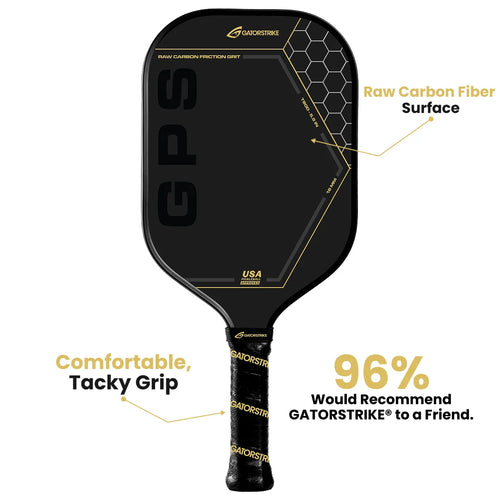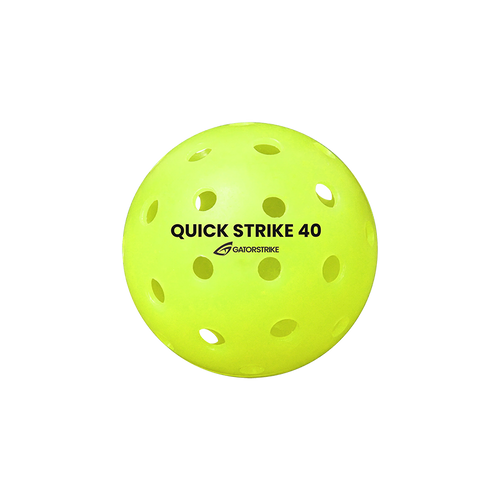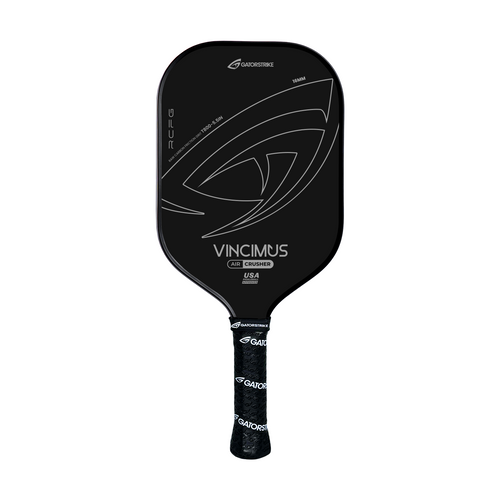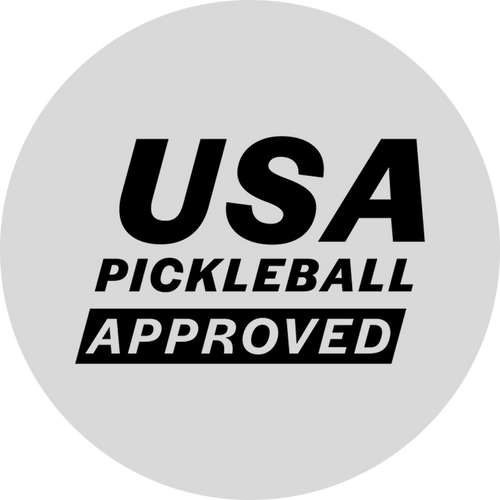
The Psychology of Doubles Play: Building Trust and Communication on the Court
Share
In the dynamic world of pickleball doubles, success hinges not only on individual skill but also on the psychological synergy between partners. Trust and communication form the bedrock of effective teamwork, transforming two players into a cohesive unit capable of anticipating each other's moves and responding to challenges with unified precision.
Understanding the Importance of Trust
Trust between partners is paramount in doubles play. It allows players to rely on each other's decisions, fostering confidence and reducing hesitation during critical moments. This mutual reliance is cultivated through consistent practice, shared experiences, and open dialogue about strategies and expectations.
When partners trust each other, they can focus on their respective roles, knowing that their teammate will cover their responsibilities. This division of labor enhances court coverage and minimizes errors, as each player can concentrate on their strengths without overcompensating for perceived weaknesses in their partner.
The Role of Communication
Effective communication is the conduit through which trust is expressed and reinforced. It encompasses both verbal cues, such as calling shots or signaling intentions, and non-verbal signals, like body language and positioning.
Clear and concise verbal communication prevents confusion and ensures that both players are aligned in their approach. For instance, calling "mine" or "yours" during play clarifies who will take the shot, reducing the likelihood of collisions or missed opportunities.
Non-verbal communication, such as eye contact, paddle taps, or synchronized movements, further solidifies the partnership. These subtle cues convey confidence and support, reinforcing the psychological bond between players.
Strategies for Building Trust and Communication
-
Regular Practice Together: Consistent practice sessions allow partners to familiarize themselves with each other's playing styles, preferences, and tendencies. This familiarity breeds trust and facilitates seamless communication during matches.
-
Pre-Match Discussions: Engaging in conversations before matches about strategies, roles, and expectations ensures that both players are on the same page. This proactive approach minimizes misunderstandings and aligns objectives.
-
Post-Match Debriefs: Reflecting on performances after matches provides an opportunity to discuss what worked well and identify areas for improvement. Constructive feedback fosters growth and strengthens the partnership.
-
Developing Hand Signals: Creating a set of hand signals for specific plays or situations enhances non-verbal communication, allowing partners to coordinate strategies discreetly during matches.
-
Maintaining Positivity: Encouraging and uplifting each other, especially after mistakes, maintains a positive atmosphere. This support reinforces trust and keeps morale high, which is crucial for sustained performance.
Conclusion
The psychological aspects of trust and communication are integral to success in pickleball doubles. By cultivating a strong partnership grounded in mutual respect, open dialogue, and shared experiences, players can enhance their on-court synergy and elevate their performance. Embracing these principles transforms doubles play into a harmonious and rewarding endeavor, where the collective strength of the partnership surpasses individual capabilities.

















